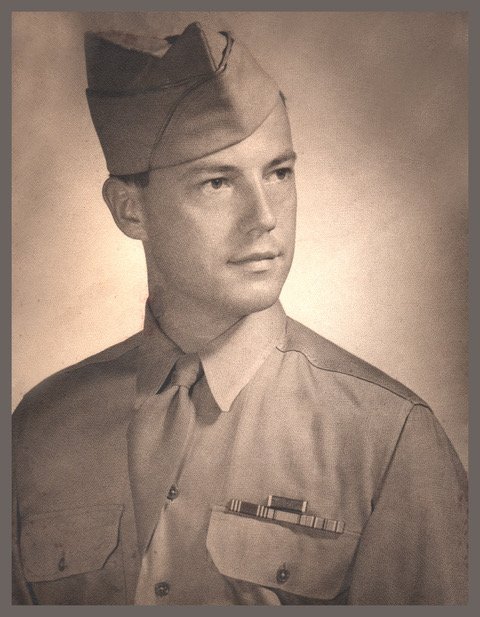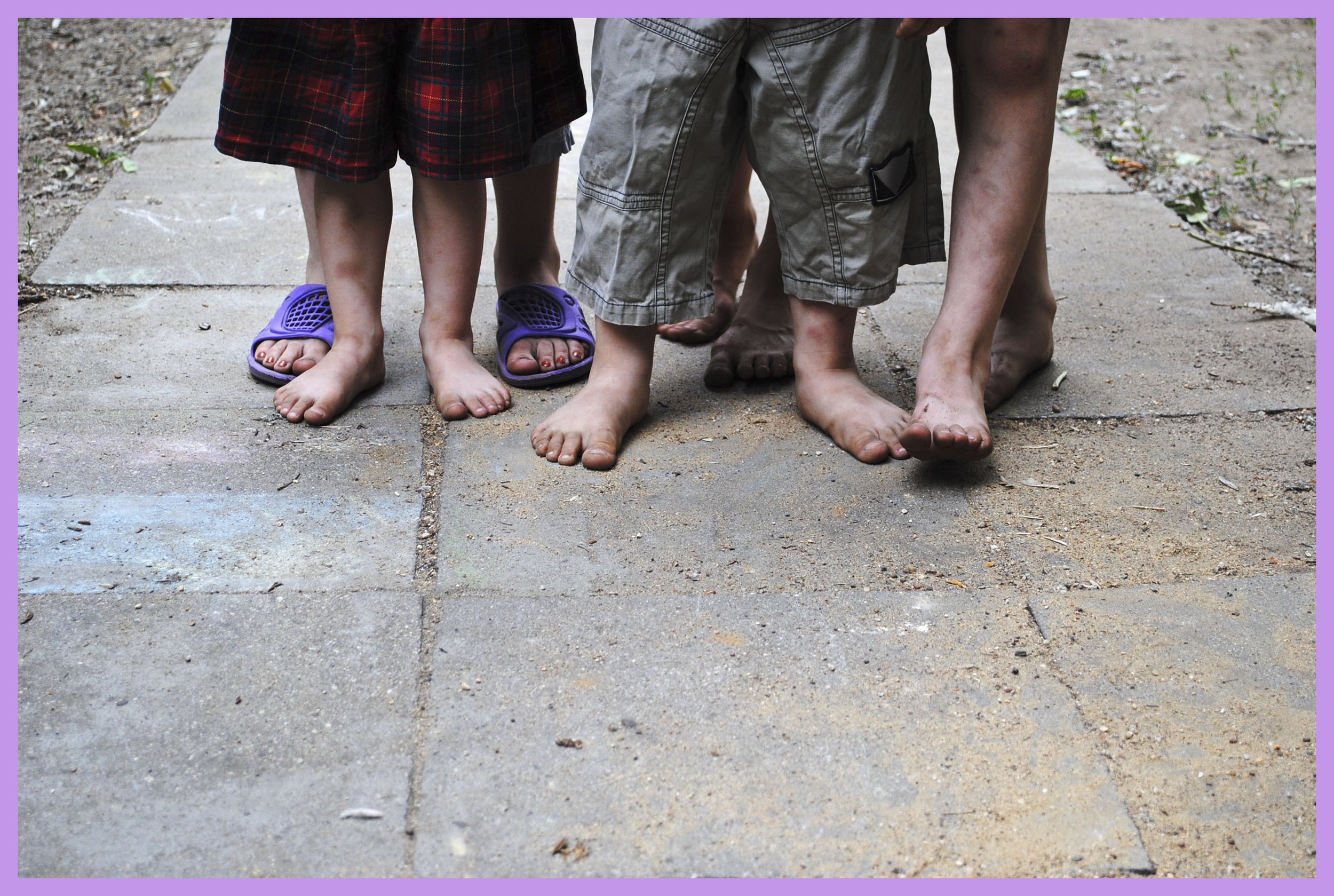Yet there was so much to the story that in the end, they threw up their hands in despair at their limited ability to tell it all. “It would take a library of books to tell it!” they said.
And writers and witnesses have tried ever since to tell their own personal resurrection stories. I, myself, have tried. But words are inadequate. How does one “bear witness” to an internal Easter, a discovery that there is eternity in every moment, an ongoing resurrection?
I have tried in speech and in prose. But perhaps the story—the big story of God-with-us—can best be told in poetry, because in poetry more of the story is between the lines than on the lines. Poetry is about the something else, the something that can only be an inkling of something eternal, something transcendent.
Marry that poetry to the right music, and the something else of a story can by-pass our temptation to analyze, and go straight to the eternity of our souls.
This song lyric I wrote twice. After the first version, Bill decided on a totally different musical direction. So, I wrote this story again. Here are both attempts to tell a story beyond words. Yet, I will try again...and again...and again.
THEN CAME THE MORNING (original lyric)
They had sealed His broken body in a half-way finished tomb,
And even that was loaned them by a friend.
Then they spent the endless hours wondering
who would be the next
And why things so perfect had to end.
And if it weren’t enough to haunt them that their hopes
and dreams were gone,
Shattered by the hammer and some nails,
The silent accusation of the fear that gripped their hearts
Made a farce of everything He’d told them from the start.
They said now that it was over she should go and get some rest.
She was sure they all had meant well with their words,
But for her it wasn’t over; it would never, never be!
Her child would always be alive to her.
The things that she had stored away there deep within her breast
Paraded back and forth across her mind--
From the moment she had felt this baby leap within her womb
She’d known somehow that life could not be sealed up in a tomb.
It seemed I’d gone forever without a ray of hope,
My prayers just echoed empty down the hall.
The statements that I made returned at night to question me,
And no one seemed to answer when I called.
Music, the joy, and all the friends I had were gone,
And all I had to hold to were His words
That promised to be with me and never let me go,
So that is what I held to;
It was all that I could know.
Sometimes we meet together in our cloistered upper rooms;
We drink the wine and share the broken bread,
And promise one another to be true unto the end
To all the things our Lord and Master said.
And yet, when we are facing the dark times of our lives,
Those “Hallelujahs” seem so far away.
Our failures and our humanness is all we see or hear,
And all our best intentions seem to melt and disappear.
But when the final word is spoken, and the last farewell is said,
And gone is all our chance to sell or buy.
When the last child is delivered and the last soul laid to rest,
And all the tears are shed we’ll ever have to cry.
When the sands of time have sifted through the minutes and the days,
What’s done is done and what is said is said,
Just before the music fades from all our songs of faith and hope,
A trumpet blast will bring the shout of victory, and we’ll know –
Death has lost! Life has won!
And morning, morning has come!

























































































